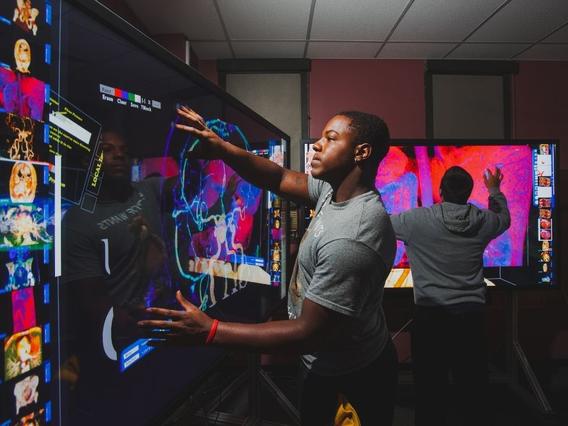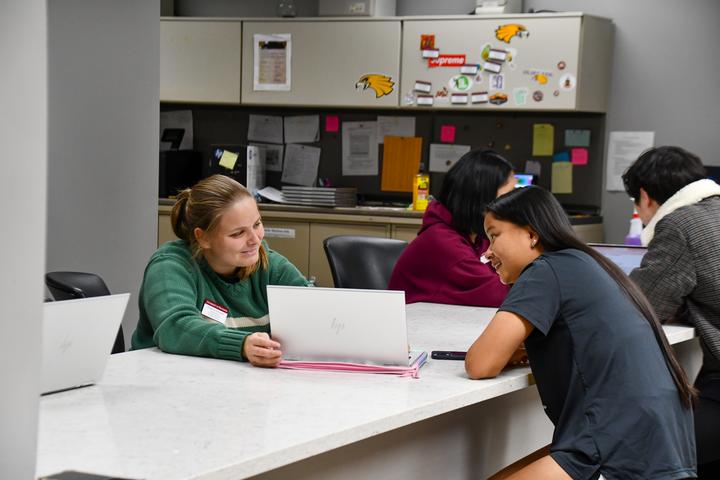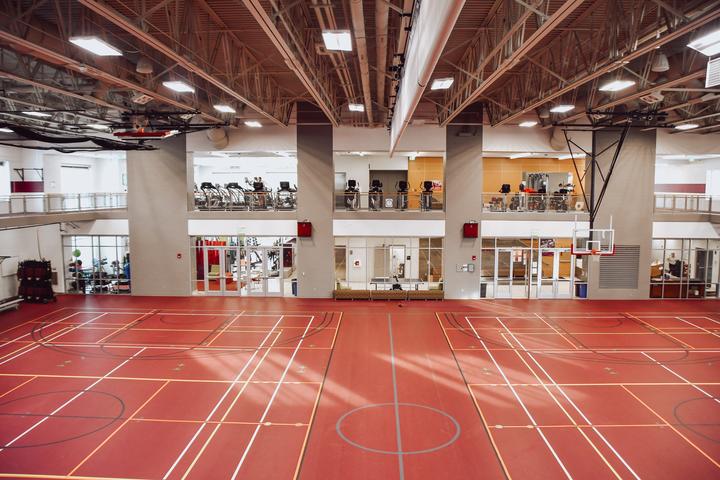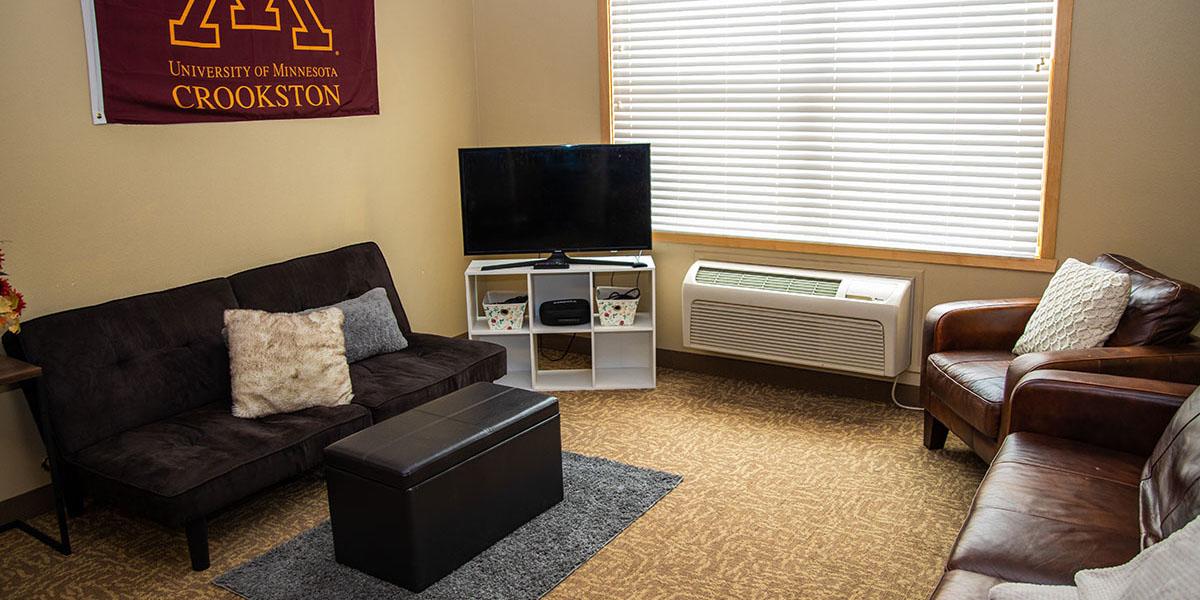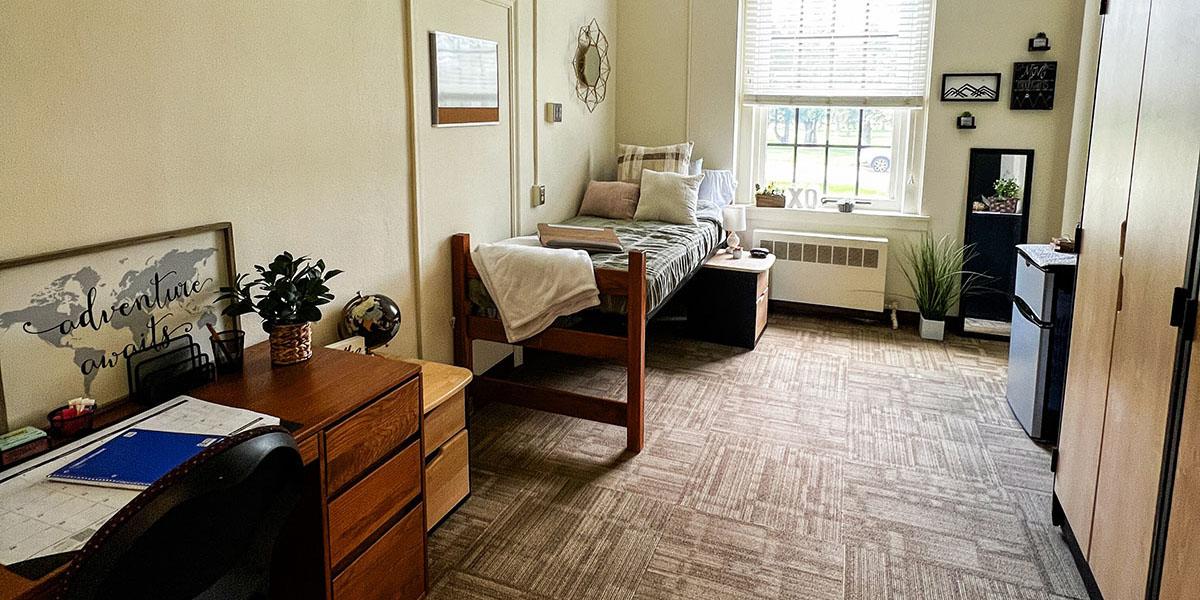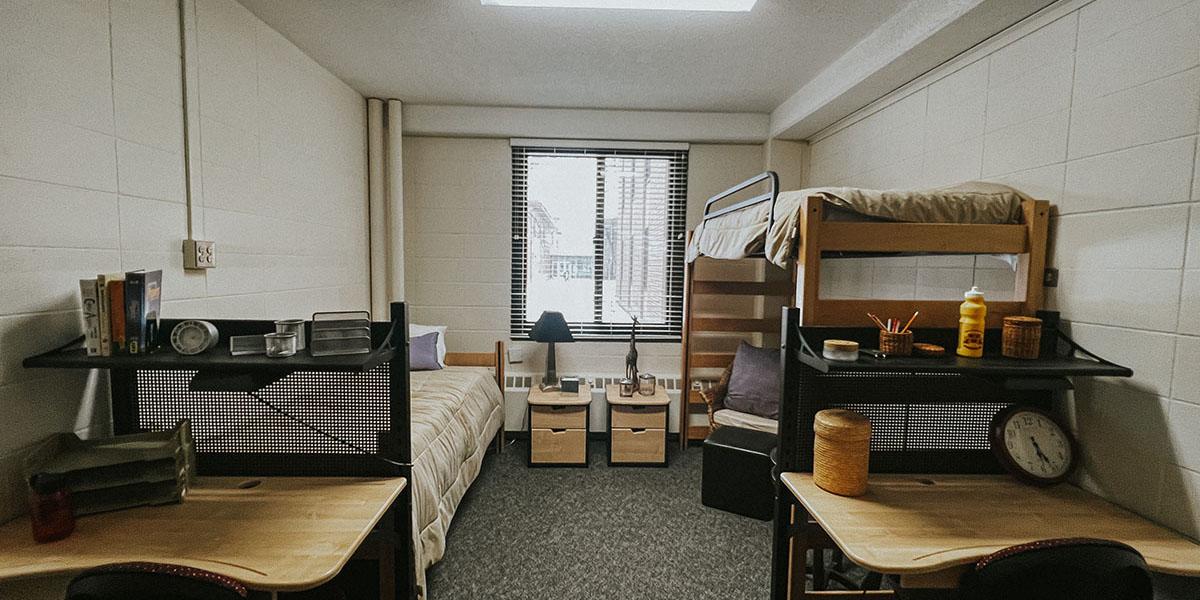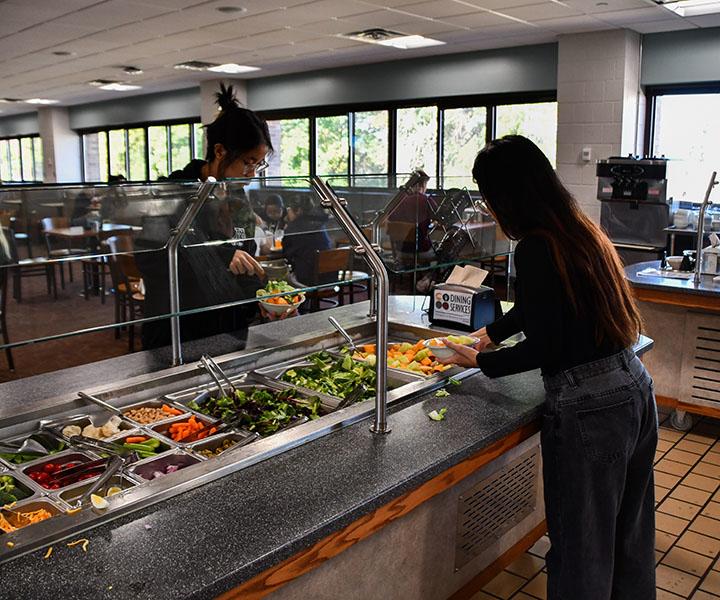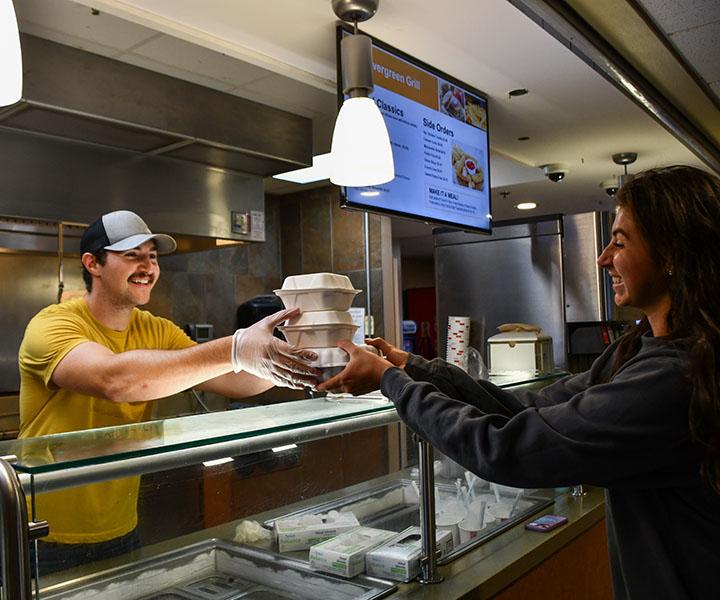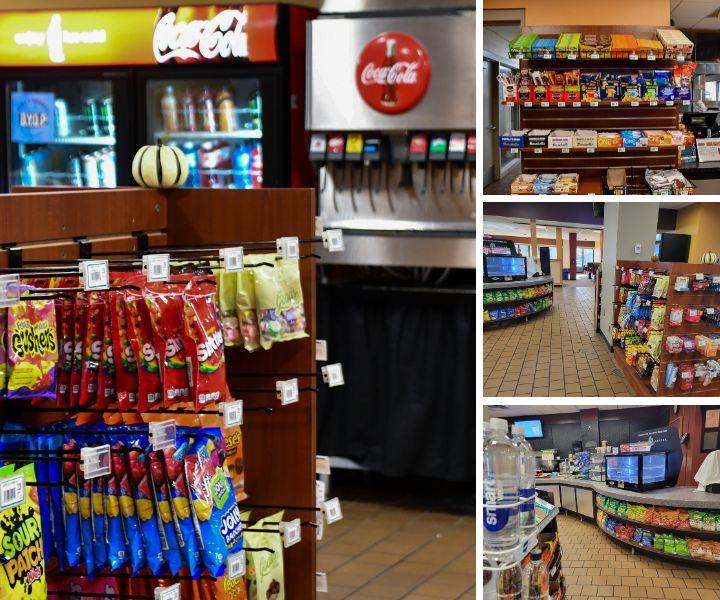
Program Overview
| Program | Course Delivery |
|---|---|
| Software Engineering - Major | On-Campus & Online |
Explore the software engineering program
Immerse yourself in game design, virtual reality, and software application. Software engineering is one of the fastest-growing industries, and it touches nearly every aspect of our lives and every sector of our economy. Students have a chance to work directly with some of the most advanced visualization and computer graphics available, not to mention vast career opportunities and open doors to some of the top tech companies in the world.
Software Engineering is a Bachelor of Science (BS) degree.
Software Engineering Major
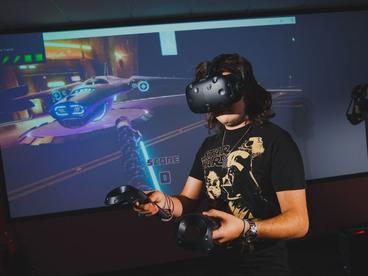
As technology penetrates every sector of the economy, software needs are becoming increasingly complex. This need has seen the evolution of a relatively new area of study, software engineering. The U.S. Department of Labor’s Bureau of Labor Statistics states computer software engineering will be among the fastest-growing occupations for the next 10 years.
The software engineering program combines the theory behind good software engineering practices along with applied projects throughout the standardized curriculum. This approach provides graduates with the knowledge and skills to be successful in the workplace or in graduate studies.
Upon completing the program, graduates will:
- Show mastery of the software engineering knowledge and skills to begin working as a software engineer.
- Work as an individual and as part of a team to develop and deliver quality software artifacts.
- Solve conflicting project objectives, finding acceptable compromises within limitations of cost, time, knowledge, existing systems, and organizations.
- Design appropriate solutions in one or more application domains using software engineering approaches that integrate ethical, social, legal, and economic concerns.
- Demonstrate an understanding of and apply current theories, models, and techniques that provide a basis for problem identification and analysis, software design, development, implementation, verification, and documentation.
- Understand and appreciate the importance of negotiation, effective work habits, leadership, and good communication with stakeholders in a typical software development environment.
- Learn new models, techniques, and technologies as they emerge and appreciate the necessity of such continuing professional development.
Awards & Accreditation
The University of Minnesota Crookston is accredited by the Higher Learning Commission.
Student Experiences
Cost of Attendance (COA)
Full-time (13-18 credits), on-campus.
| Expense Category | MN Resident & Non Resident |
|---|---|
| Tuition/fees | $13,288 |
| Books/supplies* | $279 |
| Housing/food | $11,024 |
Average Cost After Aid
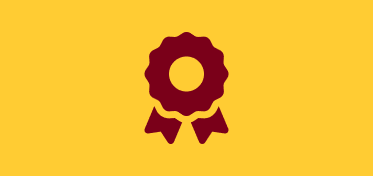
$13,436
Average amount of grants & scholarships received (2022-2023 data)
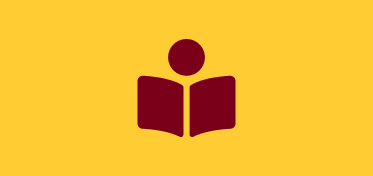
$12,894
Average net price after grants &
scholarships (2021-2022 data)
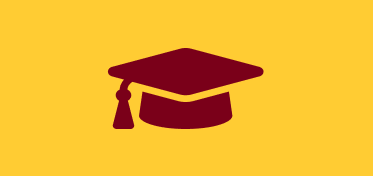
$22,883
Average TOTAL student loan debt after
graduation (2022-2023)
Scholarship and Funding Options
The University of Minnesota Crookston provides quick and easy access to over $1 million worth of scholarship opportunities for new and returning students!
Your Future Professors
What is Campus Life Like?
Residential Life
University of Minnesota Crookston's residence halls are ranked #1 public college dorms in Minnesota by Niche. The residential halls are clean, safe, spacious and modern. There is a mix of traditional style rooms, suites, and apartments available on-campus which include amenities such as ensuite bathrooms, walk-closets, and full size kitchens with all major appliances. There are also beautiful common spaces in every residential building that are great places to hangout, play games, study, or relax. Schedule a tour to see for yourself why they're ranked #1!

